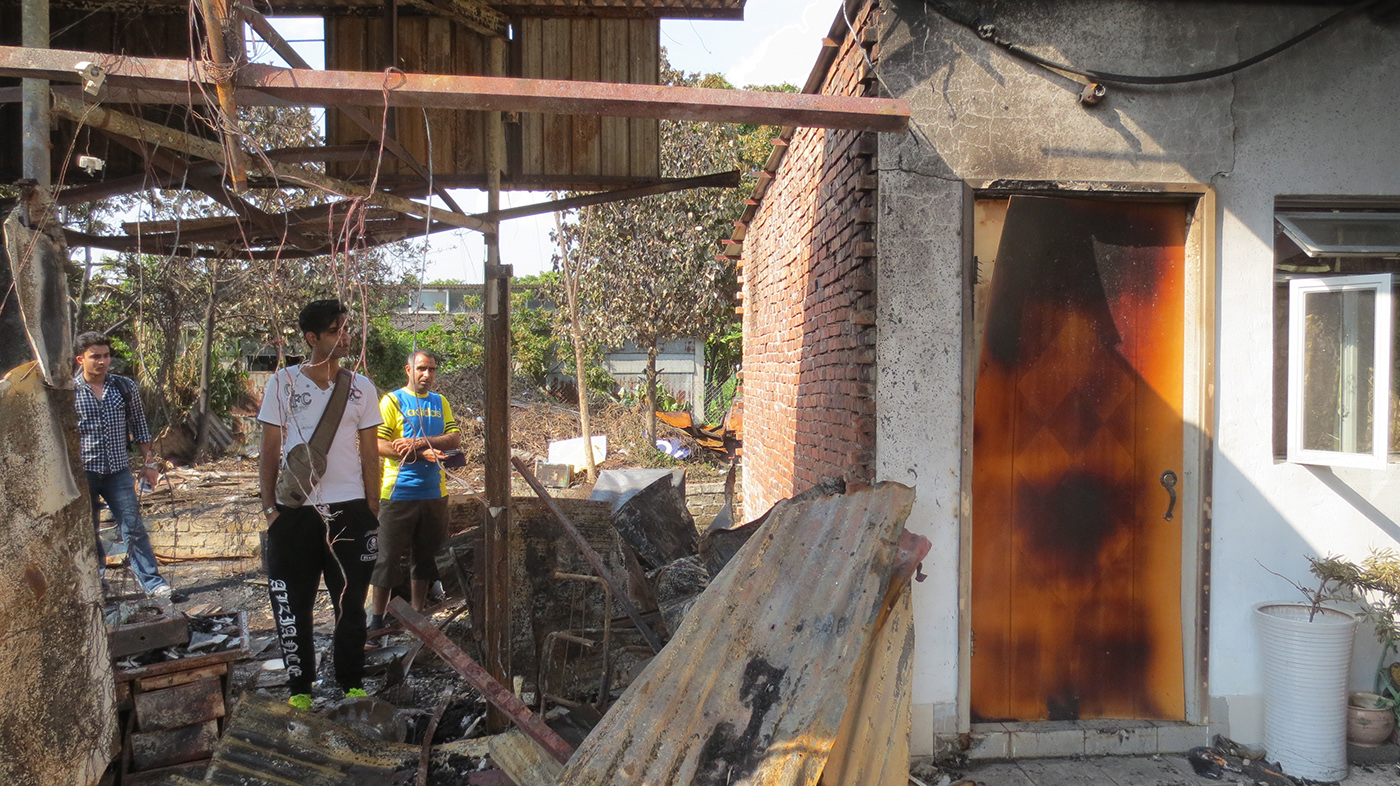
The Hong Kong government has a preference to describe asylum in negative terms: “Non-refoulement claimants in Hong Kong are illegal immigrants or overstayers, even if their claim is substantiated … they may not take up employment in Hong Kong; violation of the relevant provisions is a criminal offence punishable on conviction to a fine of up to level 5 ($50,000) or to imprisonment for three years … the sentencing guideline in respect of the relevant provision states that 15 months’ imprisonment should be imposed on a person convicted of an offence.” (Finance Committee 2015-16)
Very few lawyers stand apart for attaching the utmost importance to refugee rights and striving to ensure such rights are respected and safeguarded in the interest of the asylum community and the city’s reputation. The reality is that in most cases they have to represent clients pro bono.
In February 2014, barrister Robert Tibbo obtained leave to make an application for the judicial review of the torture claim of a South Asian woman whose appeal was dismissed without an oral hearing. Her council, a non-executive director of Vision First, argued that various factual matters relevant to the case had not been addressed by the adjudicator who cherry-picked country of origin information.
The woman sought refuge in Hong Kong in 2005 to escape from threats to her life and safety due to her political activities and the serious abuse she received from her husband affiliated to an opposing political party. As if her struggle for protection was not enough, a decade later she stood before the bench in Eastern Magistracy to answer to charges of working illegally.
In 2013, the woman was arrested by police at the back of a restaurant where she occasionally washed dishes for exploitative wages. For months she had paid cash for a dilapidated subdivided room, because the landlord refused to accept bank transfers from ISS-HK and she was unable to find alternative accommodation within the paltry rental budget that was then 1200 HK$.
It is not uncommon for refugees to rent the cheapest rooms from landlords who prefer cash payments to reporting bank transaction in income statements. In such cases tenants are obliged to secure cash somehow, or risk being homeless. Under the circumstances, the great majority of refugees seek employment in the informal economy and risk arrest, prosecution and jail for attempting to make ends meet.
Interestingly this woman’s situation ticks several failures in the current asylum policy: 1) denial of protection; 2) prolonged determination of claims; 3) prohibition from working, and 4) insufficient welfare assistance, which in this case included failure by ISS-HK to secure suitable accommodation for a vulnerable woman. Robert Tibbo is seeking a stay of prosecution arguing that systemic failures placed his client in a predicament in which she worked to avoid sleeping in the street.
At a hearing in April 2015, the magistrate suggested that a judicial review be sought against the Director of Immigration who sets the recognizance conditions, including the prohibition from taking up employment. The argument is that if the government openly met the basic needs of refugees and signed tenancy agreements, then refugees would not be compelled to work illegally.
Robert Tibbo explains, “This case is likely to go to the Court of Final Appeal. It is hardly unique since countless refugees struggle daily to pay necessary costs not met by ISS-HK. My client is a victim of an intentional failure by the Government to meet the basic needs of refugees who, when facing similar charges, often plead guilty to avoid stiffer sentences while cognizance that they were entrapped. This case has the potential of changing the system.”


